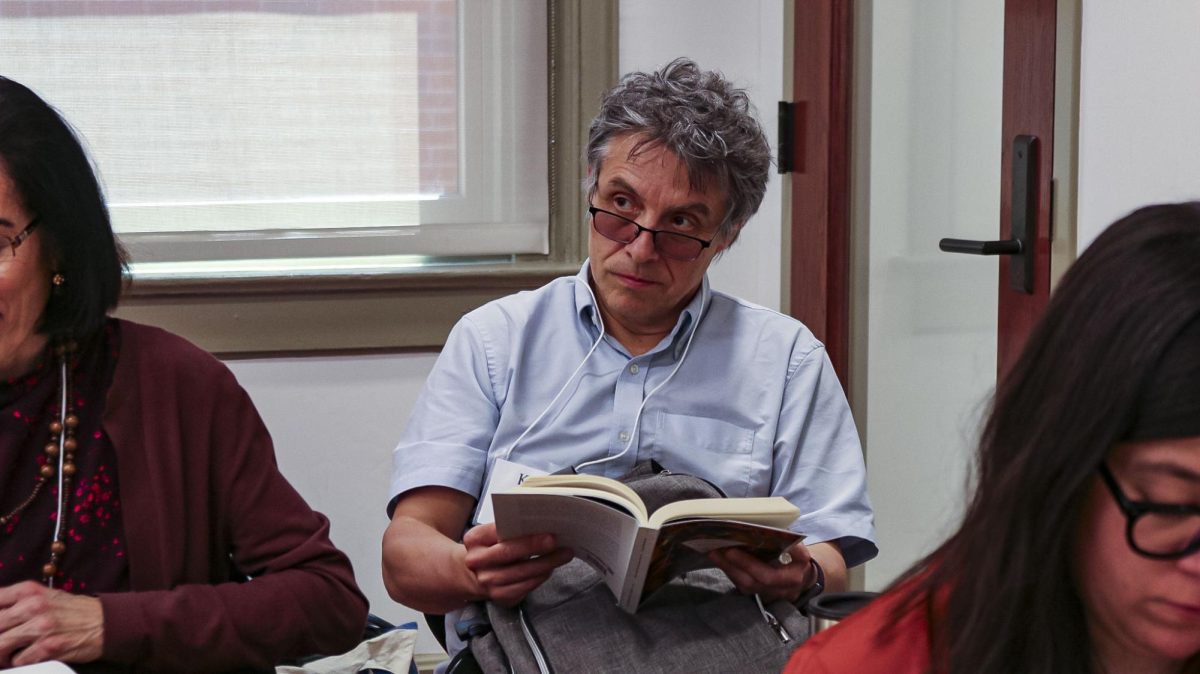The #SpeakYourMIND campaign’s Ice Bucket Challenge has gone viral since it began in April 2025, with many University of Kentucky students participating.
Created by the University of South Carolina Mental Illness Needs Discussion club, the campaign aims to raise money for Active Minds, a mental health advocacy organization. Those who are nominated are supposed to donate to Active Minds as well as nominate two to five other participants, record and post themselves doing the Ice Bucket Challenge.
Sophomore computer science major, Nate Berry, said the challenge reminded him of the 2014 amyotrophic lateral sclerosis (ALS) Ice Bucket Challenge, where over 17 million people participated, according to the ALS Association. The challenge required people to dump cold water on their heads, the same as the #SpeakYourMIND challenge.
“I think it’s pretty good, it’s making a comeback,” Berry said.
Saying his sister participated in the #SpeakYourMIND challenge, Berry said he has also seen fellow students take part in the campaign.
“I’ve seen quite a bit of people doing it here on campus, just in the street or on the grass somewhere,” Berry said. “I think it’s becoming a pretty big thing here as well.”
With the challenge’s goal being to raise money for charity, Sophie Murray, a freshman studying communications, said she thought it was a good way to raise awareness for mental health.
Murray, who has participated in the challenge, said she thought the trend was fun and enjoyable, saying she got to do it with her friends.
“We did it outside my friend’s dorm, and it was a lot more relaxing than I thought,” Murray said. “I thought it would feel bad, (a) big bucket of ice getting dumped into your head, but it just felt really calming and refreshing.”
Although some people may be “tired” of the trend, Murray said she hopes people realize the purpose behind participating.
“I feel like more people should do the challenge. Some people are kind of getting sick of seeing it all over social media, but it’s for a good cause,” Murray said. “I think it’s important.”
Freshman psychology and German double-major, Kaylie Vess, said although the challenge could be helpful, she felt like more could be done for mental health awareness.
“All of the videos I’m seeing is just tagging the USC account and the people that they’re challenging without actually tagging the whole point, which is to fundraise money for mental health,” Vess said.
To better advocate for the cause, Vess said she thought being more direct about donating and supporting mental health could help get the message out.
“People would have to say, ‘Oh, here’s the link, go donate to mental health,’” Vess said. “It really just seems as another way for people to follow a social media trend.”




































































































































































